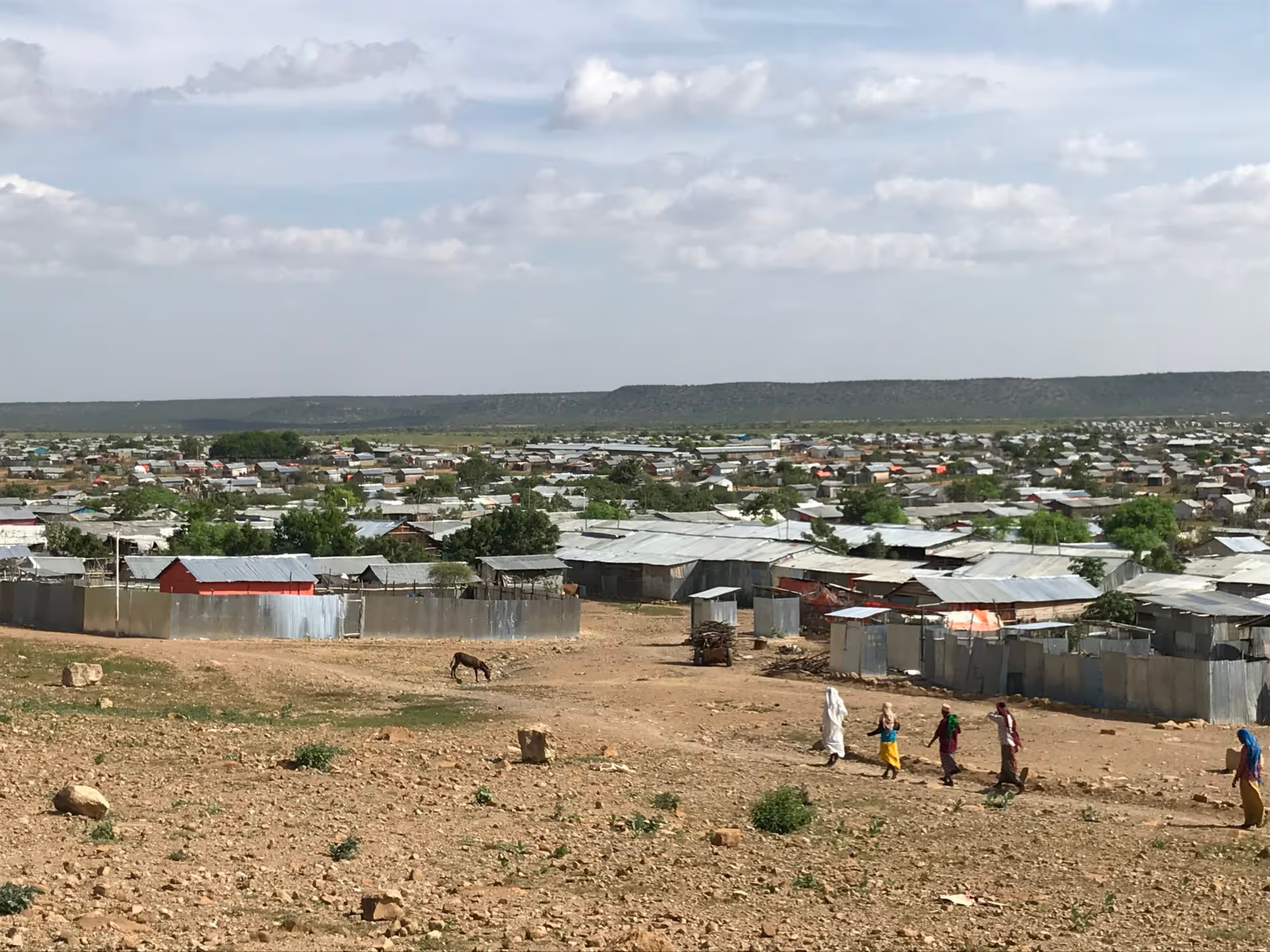Acceptability of urine diversion dry toilets in Dollo Ado refugee camp, Ethiopia

"UDDTs have been effectively introduced and utilized in this context and this may have implications for other humanitarian settings where they can be similarly managed."
Typical sanitation systems may be poorly suited for some of the conditions in which humanitarian emergencies can occur, such as in drought-prone regions. Urine-diversion dry toilets (UDDTs) are one potential alternative sanitation option which can be used in these conditions.Between 2014 and 2016, the U.S. Centers for Disease Control and Prevention (CDC) partnered with local agencies to evaluate the acceptability of UDDTs in a refugee camp in Ethiopia. The overall goals were to provide evidence regarding the level of adoption and satisfaction with UDDTs in this emergency context and the factors associated with satisfaction.Two cross-sectional surveys were conducted 18-months apart, using a stratified design to sample UDDT and latrine users for comparison. Reported usage and satisfaction levels of UDDTs were high, with 88.8% of respondents in the first survey, and 93.4% in the second survey reporting, using their UDDT consistently, and 97.0% of respondents stating they were mostly or very satisfied with their UDDT. There was no significant difference detected in satisfaction between UDDT and latrine users (p = 0.28).The findings demonstrate that UDDTs have been effectively introduced and utilized in this context and this may have implications for other humanitarian settings where they can be similarly managed.Feature image: Dollo Ado Refugee Camp. Credit: J-PAL.